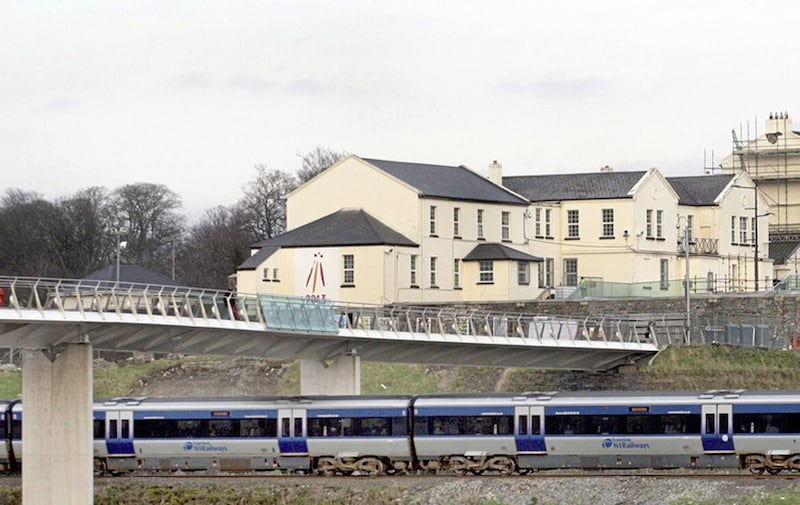Infrastructure minister John O’Dowd has blamed delays in work to upgrade the Derry to Coleraine rail line on decisions made in the absence of an Executive and Assembly.
In a statement to The Irish News, in response to claims by the Into The West (ITW) rail campaign group the work had been postponed until 2027, Mr O’Dowd said “contrary to claims by some, I have secured the future of Phase 3 of the Coleraine to Derry line”.
He added: “I am fully committed to delivering phase 3 of the Coleraine-Derry line, which is why, within my first four months in office, I have already ring-fenced £4.7m of funding to enable it to proceed as quickly as possible.
“I take great exception to my sincerity in regards the delivery of this project being questioned. I have acted decisively and in good faith.
“I am working in a one-year budgetary cycle and cannot ring fence future year budgets until they are presented to me but let me be clear, once those budgets are in front of me, I will be ring fencing the necessary budget to make this project a reality.”
Setting progress of the scheme in context, Mr O’Dowd said his department had approved the business case for Phase 3 in November 2022 and issued a letter of offer for £97.7m to take the project forward.
He added: “This budget allocation is additional to the £5.3m that has already been spent on this project.

“This will allow Translink to progress work and seeks to ensure investment in public transport across the entire region.
“To date, this has included the production of the required feasibility studies, business case, design of the track improvements and preparation for the procurement phase of the project.
“Work has already commenced on producing the required 55,000 railway sleepers for the project and also on the procurement of technical and engineering teams required to take the project forward.”









